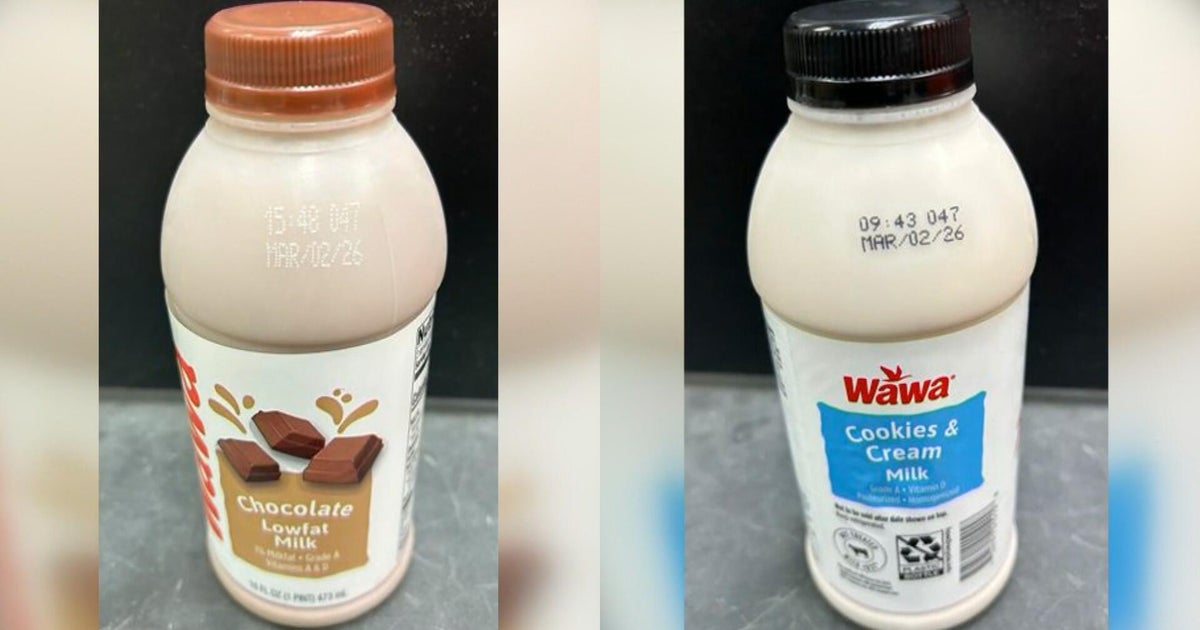Why the U.K. is eyeing a ban on wet wipes
Wet wipes could be wiped out in the coming decades in the United Kingdom, BBC News reports. The U.K. government says its plan to eradicate avoidable plastic waste "includes single use products like wet wipes," which contain non-biodegradable plastic.
Manufacturers will either have to create plastic-free wipes or people will have to go without them, the BBC reports.
According to Water UK, which represents the country's main water and wastewater companies, wet wipes accounted for 93 percent of the materials that caused sewer blockages examined in a recent study.
"There are approximately 300,000 sewer blockages every year," the organization said in December. "The new research shows that most of these type of incidents could be avoided by the wipes being disposed of properly rather than being flushed down toilets."
Authorities say that rather than breaking down like toilet paper, wet wipes "lurk in pipes and merge with fat" to create fatbergs -- massive lumps that create obstacles in sewer systems.
"Flushing a wet wipe isn't disposing of it. It's environmental littering," says the U.K.'s Environment Agency.
The U.K.'s Department for Environment, Food and Rural Affairs said it is "encouraging innovation so that more and more of these products can be recycled and are working with industry to support the development of alternatives, such as a wet-wipe product that does not contain plastic and can therefore be flushed."
The department is also in the process of exploring how extra charges or tax system changes could help reduce consumption of single-use plastics.
In January, Prime Minister Theresa May vowed to eliminate all "avoidable plastic waste" by 2042. As part of that effort, plastic straws and cotton swabs could also be banned.
BBC News reports that the wet-wipe industry has thrived over the past ten years. Variations now exist for sensitive skin, makeup removal and insect repellent application, among other uses. Most of them are made from polyester and other materials that are not non-biodegradable.
However, some say there would be drawbacks to a ban.
"If you go to TGI Friday and Nando's, for example, you'll see our products there," said manufacturer Jeremy Freedman, who is managing director of Guardpack, the BBC reports. "These wipes are biodegradeable, take 3ml of liquid on average. If they weren't able to use these, they would need to wash their hands, using on average one liter of water."
"They are also widely used in the medical industry and, for people with incontinence and disabled people, these wipes are critical to their lifestyle," he added.
Freedman said many of the wipes his company produced were made entirely of biodegradable materials. He also said that under no circumstances were they flushable.



